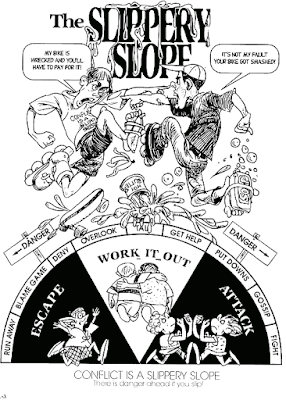Time Management, Conflict Resolution and Communication Skills

Firstly let’s talk about time management. Effective time management makes a huge difference to our success and well-being in every area of our lives. It is about being a good steward of the time we have given to us. Everyone is given 24 hours a day, whether you are Brian Houston or Whitney Houston, so we should not be complaining that we don’t have enough time. We will prioritise and set aside time for something that matters to us no matter how busy our schedule is. Daryl shared a few tips during lecture which I have started to implement, such as doing activities around blocks of time when your concentration is best, and shutting off all distractions such as social media notifications. I like to multitask, but that has sometimes made me distracted and wasted unnecessary time on Facebook. I found an app called Pomodoro timer, which sets a 25 minute timer for undistracted work and then a 5 minute break. It has helped me get through several essays and important tasks. Seco...



